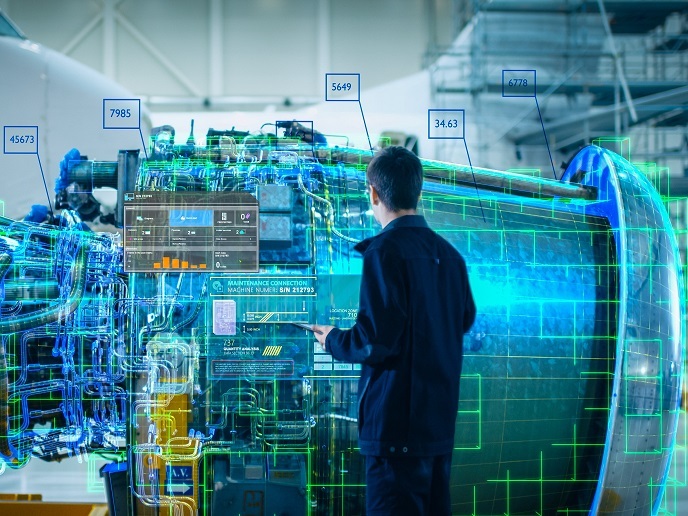Training scientists in systems modelling
Modelling of chemical and biochemical systems, in which first-principles models and computer algorithms are developed to simulate the dynamic behaviour of complex chemical and biological processes, requires knowledge across several scientific disciplines, including chemical engineering, biology, process systems simulation, molecular simulations, numerical methods etc. The EU-funded ‘Multi-scale modelling of chemical and biochemical systems' (MULTIMOD) project established a training network by recruiting young scientists with backgrounds in chemical engineering, biology, physics, mathematics etc. The main objective of the MILTIMOD training network was to train young scientists in advanced multi-scale modelling and computer simulation of chemical and biochemical processes and equip them with multidisciplinary computational and modelling skills. Most of the trainees at the end of the programme, they received a Ph.D. degree from their host academic institution. The Network comprised 8 academic and 5 industrial partners coming from 8 European countries. Twenty-four Ph.D. candidates coming from 15 different countries were recruited by the MULTIMOD training network based on predefined eligibility criteria. The strategy was to train the researchers at the host institutions on selected topics of industrial significance. The Ph.D. research topics covered a wide-range of processes and computational/modelling methods including quantum chemistry, biological and polymerization processes, biomedical engineering, industrial wastewater treatment etc. Networking with other senior researchers coming from the participating host institutions, attendance of a series of advanced courses on relevant subjects and knowledge transfer among the host institutions via scientific exchange programs and visits added to the acquired skills and professional development of the 24 early-stage researchers. The supply of a young generation of scientists with advanced skills in computational modelling and simulation would greatly contribute to the competitiveness of the European chemical/biochemical industries and generate significant economic benefits via productivity increase, reduction of energy cost, improved product quality, new product development etc.





